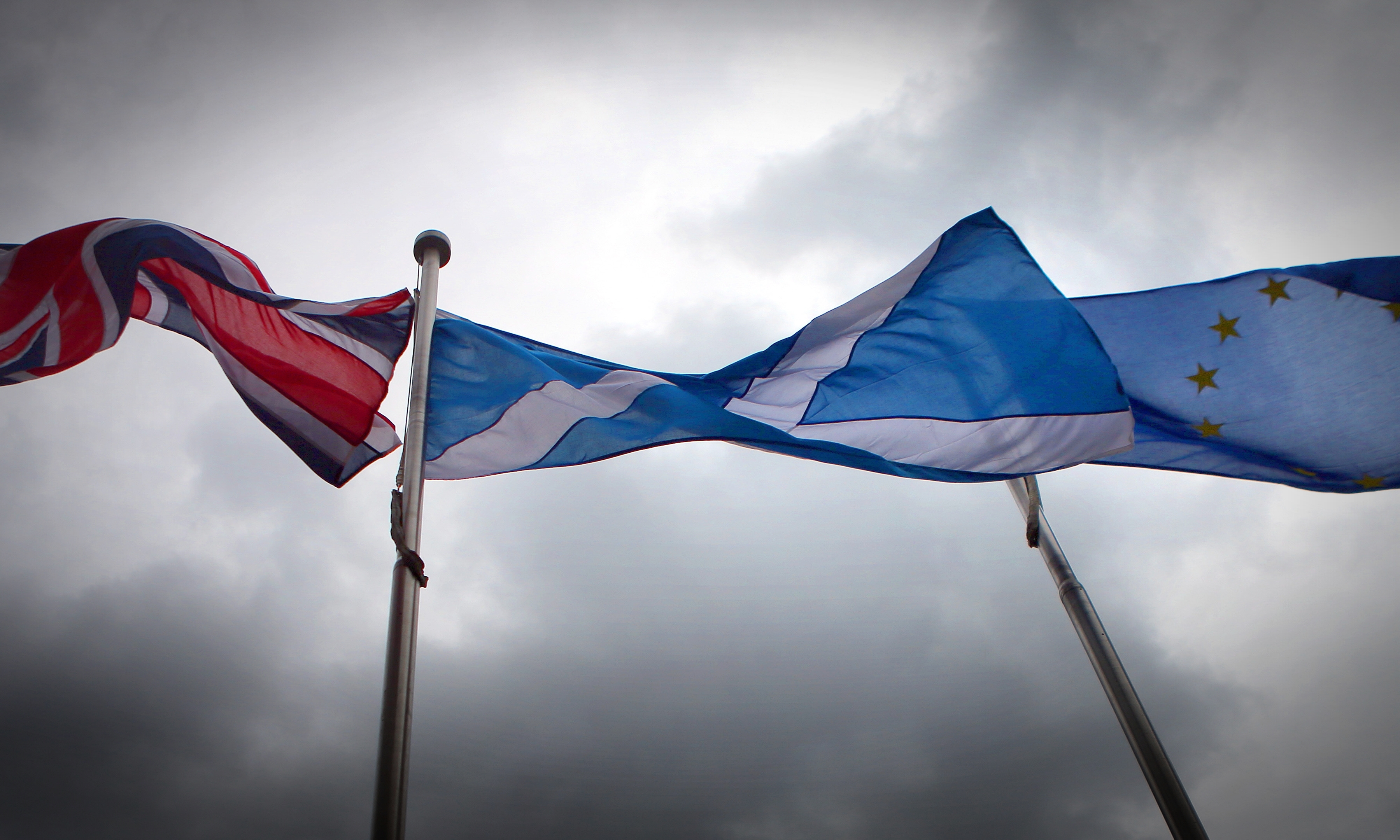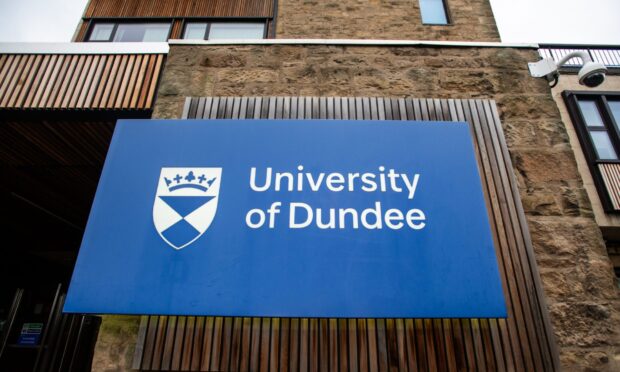Scotland would face challenges in seeking a separate deal to become part of a Norway-style model in a bid to retain access to the EU single market , an expert has told MSPs.
The Scottish Government plans to publish proposals aimed at keeping Scotland in the single market even if the rest of the UK leaves, and First Minister Nicola Sturgeon has said models being looked at include the European Free Trade Association (EFTA) and European Economic Area (EEA).
The EEA includes the existing EU states in addition to EFTA members Iceland, Liechtenstein and Norway. Membership offers access to the single market but members must make a financial contribution and adopt most EU legislation as well as the free movement of people.
Questioned on the possibility of Scotland forming its own deal with the EFTA separate from the UK, Ulf Sverdrup, Norwegian Institute for International Affairs director, told the Culture, Tourism, Europe and External Relations Committee: “To my understanding it creates some challenges for EFTA countries to integrate a country that’s not seen as a sovereign country. We have some experience with the Faroe Islands.
“This is very interesting in some senses but at the same time it raises these issues partly on sovereignty but also how this might affect the relationship with the UK in general as well.”
He said if the UK supported this type of arrangement for Scotland, it “would probably help a lot” on how it is received by EFTA countries.
Mr Sverdrup said for the UK to join the EFTA, all countries in the pact would have to agree unanimously.
He said: “They are not in the business of recruiting the UK but if it is something that the UK prefers and if it is something that the EU would like to see happen, I think EFTA countries will not oppose that as an option.”
He added: “What is extremely important for the UK and also for the Scots now is to think in terms of finding compromises. You have to find a compromise along a political dimension where you have to respect the outcome of the referendum but also take care and protect the rights of minorities and other concerns.
“At the same time you have to look into another sphere, the market and the economy, so you have to find solutions that are acceptable in terms of the market and the economy.
“And finally you have to find solutions that are practically, legally and constitutionally feasible. Within those three circles – the political, administrative and market – you have to find some kind of overlapping solution.
“You’re not in the process of optimising or maximising your interests. You’re in search for finding acceptable solutions, satisfactory solutions.
“I expect that any solution will be a messy one and often a good compromise is something that nobody really prefers and nobody really loves, and that’s the true Norwegian experience.”










